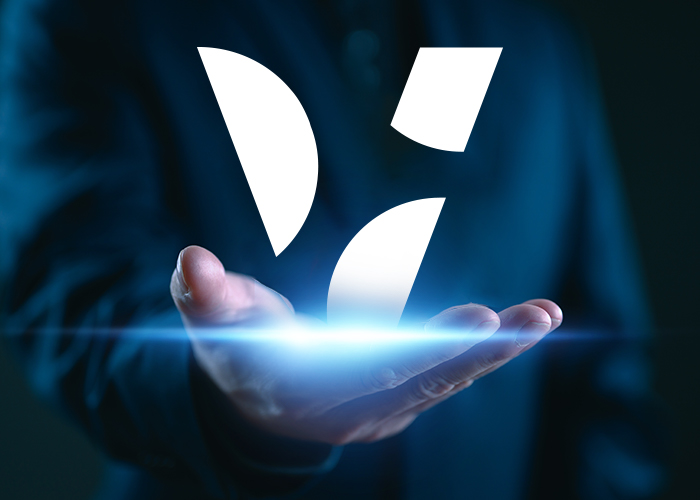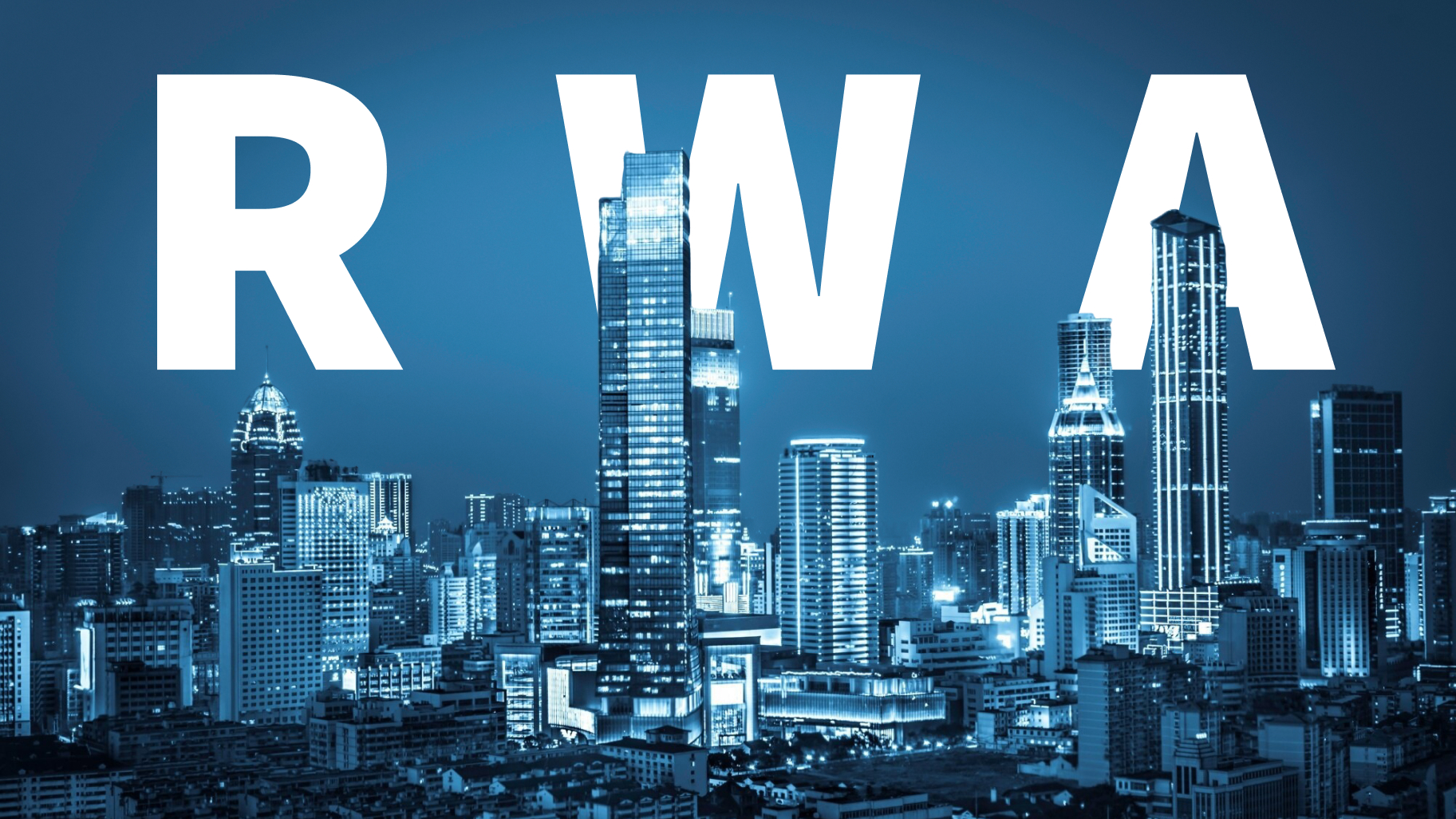Tokenization: The Financial Revolution of the Future
As the world of technology rapidly evolves, financial systems are also being impacted by this change. Tokenization is leading a paradigm shift in the financial world, democratizing investment and making assets more accessible. As an innovation brought by blockchain technology, tokenization revolutionizes the investment world by transforming financial assets into a digital format. But what exactly is tokenization, and why is it important? In this article, we will thoroughly explore the basic concepts of tokenization, its benefits, and its applications. Understanding what tokenization is, how it works, and what it can bring us in the future could significantly influence your financial strategies and investments.
What is Tokenization?
Tokenization is the process of creating digital representations of physical or digital assets on the blockchain. These digital representations are called “tokens” and represent the value, ownership, and other attributes of the asset. Tokenization facilitates the buying, selling, and fractional ownership of assets, making them more accessible to a wider range of investors.
Benefits of Tokenization
- Increased Investment Opportunities: Tokenization allows small investors to invest in large assets. For example, a real estate investment can be divided into smaller parts and purchased by many investors.
- Increased Liquidity: Tokens facilitate quicker and lower-cost transactions, increasing the liquidity of assets and offering better exit strategies for investors. For instance, by tokenizing a property, you can own a share of it, and your ownership is secured on the blockchain.
- Security of Ownership: With blockchain technology, ownership and transactions are securely recorded, reducing the risks of fraud and forgery.
- Shorter Transaction Times: Tokens expedite transactions. The long processing times common in traditional financial systems are shortened through tokenization.
What is Asset Tokenization? Asset tokenization is the representation of real-world assets (such as real estate, artworks, stocks, etc.) through digital tokens. This process allows assets to be divided into smaller units and accessed by a broader range of investors.
The Tokenization Process The tokenization process typically consists of several stages. First, the asset to be tokenized is selected. This asset could be a property, an artwork, or a financial instrument. After the selection, a suitable token design is created. This design determines the characteristics and valuation criteria of the token. Smart contracts are used during the tokenization process and these contracts define how tokens will be managed on the blockchain platform. Compliance with legal regulations must also be considered to align with the financial regulations of a particular country. Once the design process is completed, the token is integrated into a suitable blockchain platform. This integration ensures that the token can be securely transacted. Finally, the tokens are distributed to investors, allowing them to purchase and store ownership of the tokens on the blockchain.

What Are the Types of Tokenization?
The tokenization process involves creating various types of tokens, each used for different functions and purposes. Here are the three main types of tokenization and detailed explanations:
- Utility Tokens: These are digital assets that typically provide rights to use a platform or service. These tokens grant their holders access to certain services or allow them to perform various transactions on the platform. For example, a user can access specific features of an application or service using utility tokens. These tokens are usually designed as part of the platform’s economic model and offer token holders the opportunity to contribute to the ecosystem.
- Security Tokens: These are digital representations of financial assets and typically offer valuable rights and benefits to investors. Security tokens represent shares in real-world assets or companies and provide significant features for investors. Security tokens may be subject to rules set by regulatory bodies, providing additional security for investors. However, these regulations can vary by country, and it is crucial for each investor to be aware of the regulations in their country. Security tokens digitalize traditional financial assets and offer an innovative approach to the investment world.
- Stablecoins: These are digital tokens typically pegged to fiat currencies or other valuable assets. Designed to minimize volatility, stablecoins are usually tied to one or more fiat currencies (e.g., US Dollar, Euro) or valuable assets like precious metals (e.g., gold). In this context, 1 stablecoin is typically equivalent to the value of 1 unit of fiat currency. This wider acceptance in digital payment systems and commerce is due to their stable value, providing a secure medium of exchange among users. They are also used in cryptocurrency exchanges to provide liquidity and facilitate transactions with other digital assets. Investors and users stabilize the value of stablecoins against fluctuations, functioning as a more stable financial instrument. Stablecoins stabilize the digital economy and cryptocurrency markets by providing security and predictability in transactions.
Applications of Tokenization
- Real Estate: The real estate sector is one of the most popular areas for tokenization. Tokenized real estate offers investors the opportunity to invest in properties divided into smaller parts.
- Art and Collectibles: Artworks and collectibles can also be tokenized. This allows artists and collectors to digitally represent their works.
- Financial Instruments: Tokenization can also be used to create digital representations of stocks, bonds, and other financial instruments. Tokenized stocks are traded on the blockchain, allowing investors to directly buy and sell these shares. This process can be faster and less costly than traditional stock market transactions, providing greater transparency and accessibility in financial markets.
Frequently Asked Questions
- Is Tokenization Secure? The tokenization process is quite secure, thanks to the security features provided by blockchain technology. However, as with any investment, caution should be exercised, and risks should be assessed.
- How Are Tokens Purchased? Tokens can generally be purchased through a blockchain platform or token trading platforms. You must have a cryptocurrency wallet during the purchase process, and you can securely store your tokens through this wallet.
- What Is the Future of Tokenization? Tokenization will continue to create significant changes in financial systems. As more assets and investors adopt this system, the role of tokenization in the financial world will grow.
Tokenization is creating a significant revolution in the financial world. With digital representations of assets, investment opportunities expand, liquidity increases, and transactions become faster. Explore the opportunities of tokenization and join this financial revolution today. Contact us for more information and to start your first tokenization investment!







